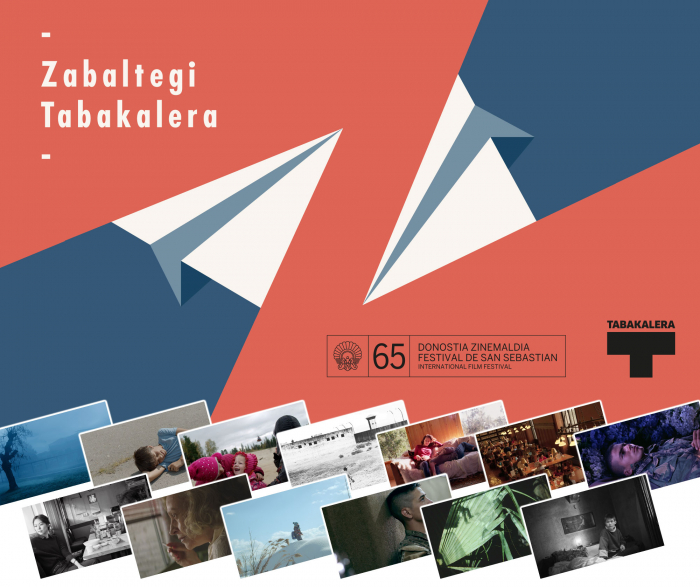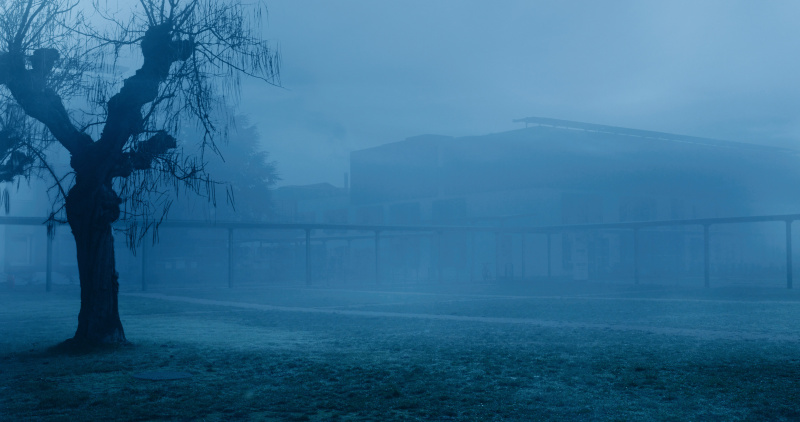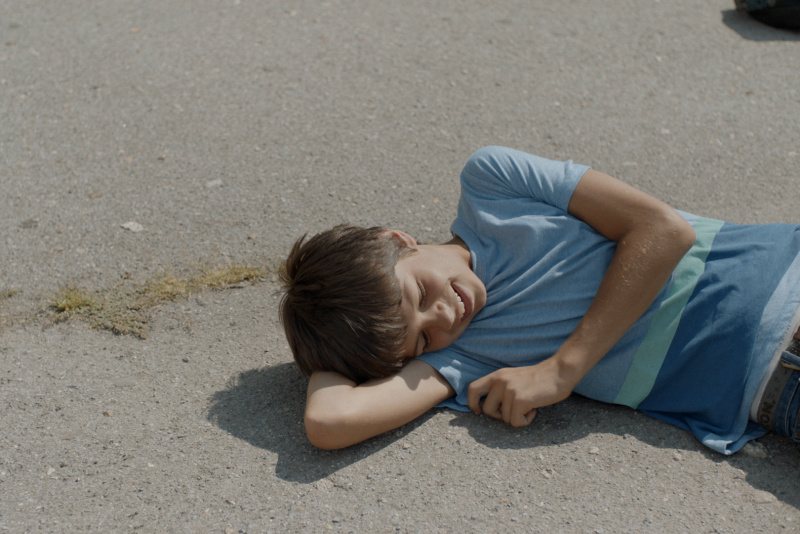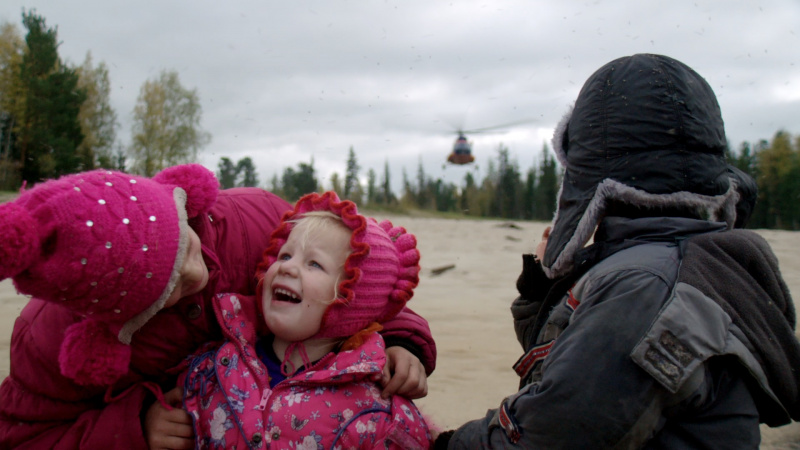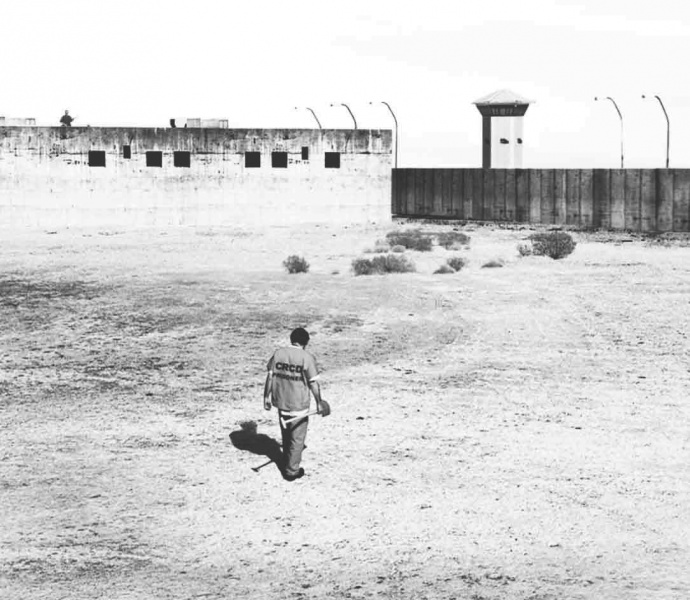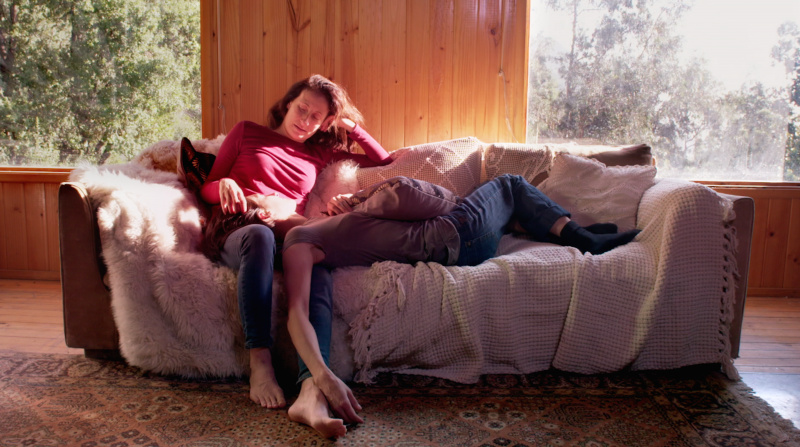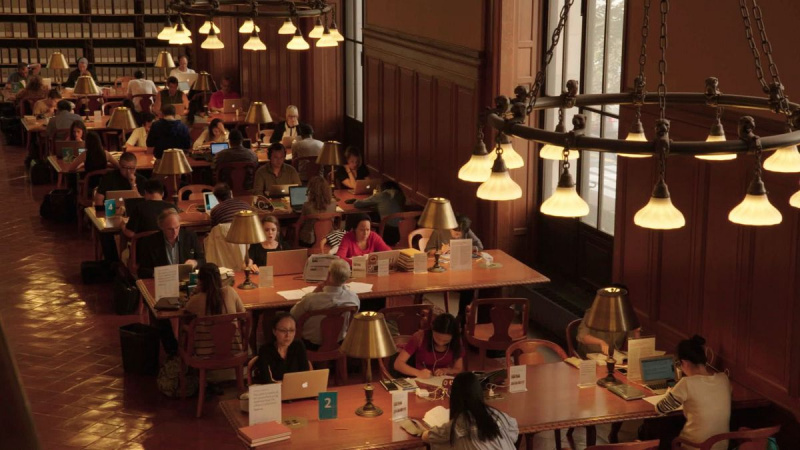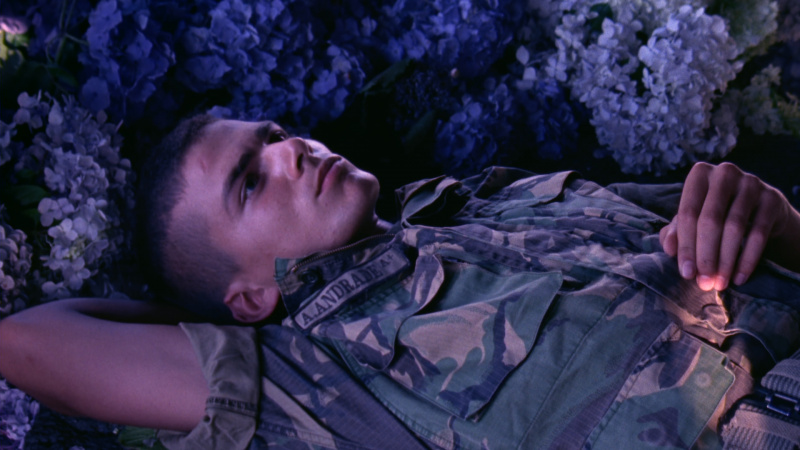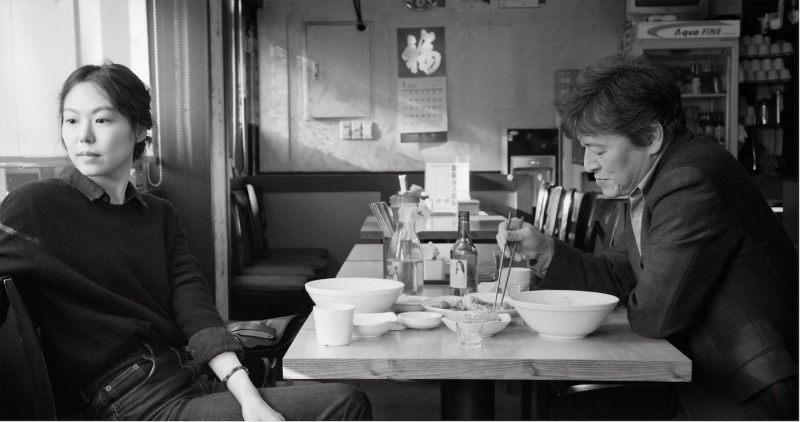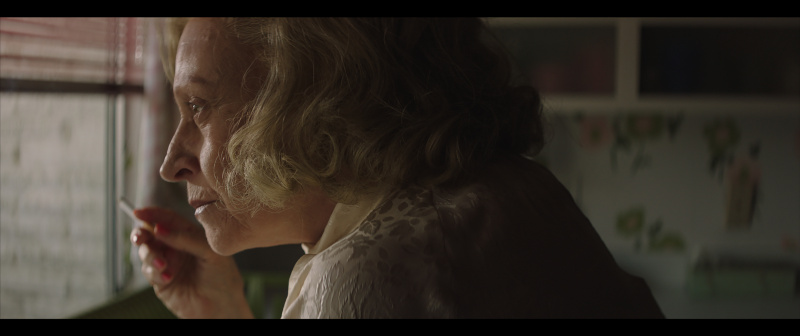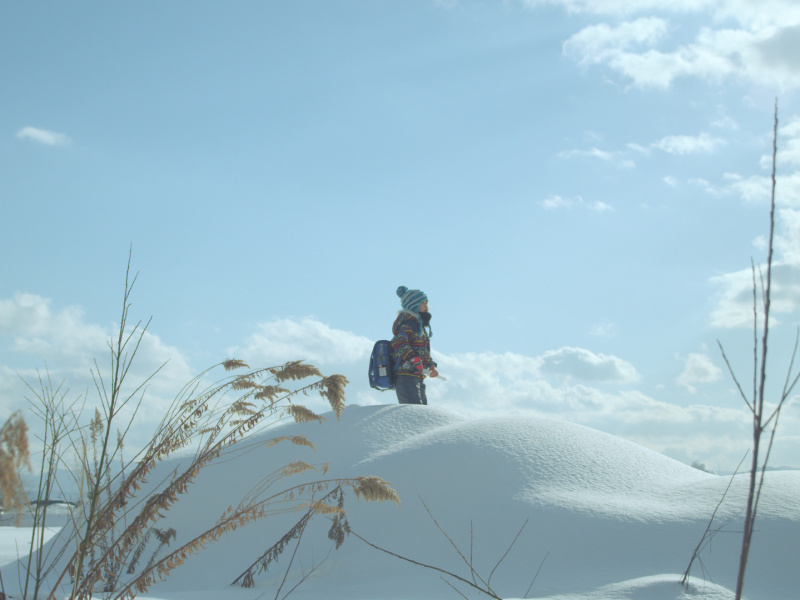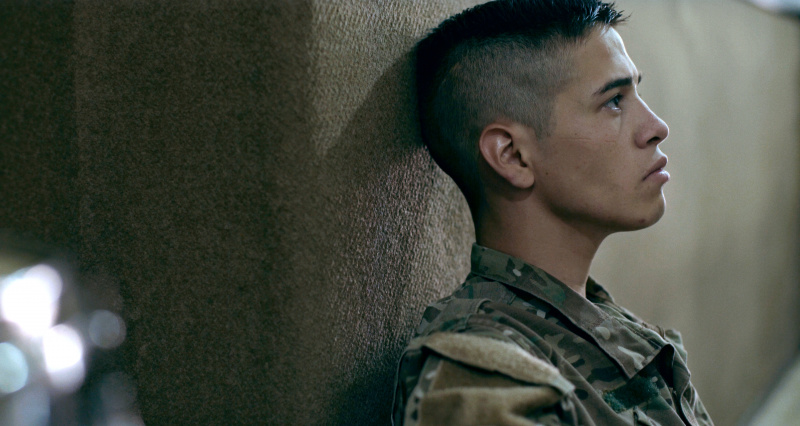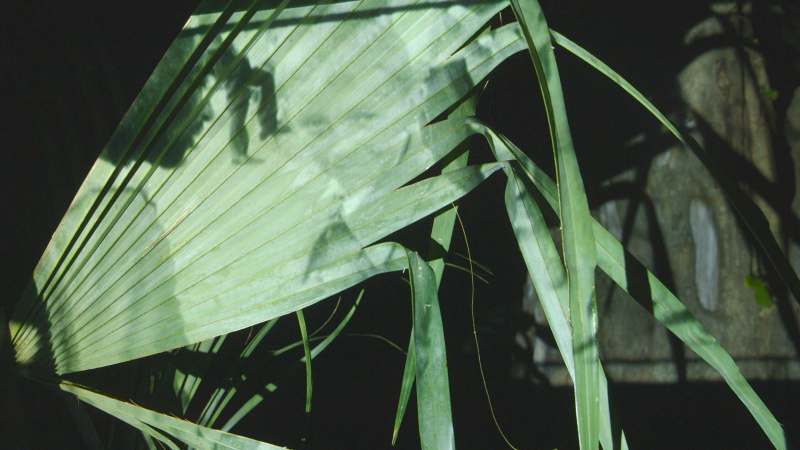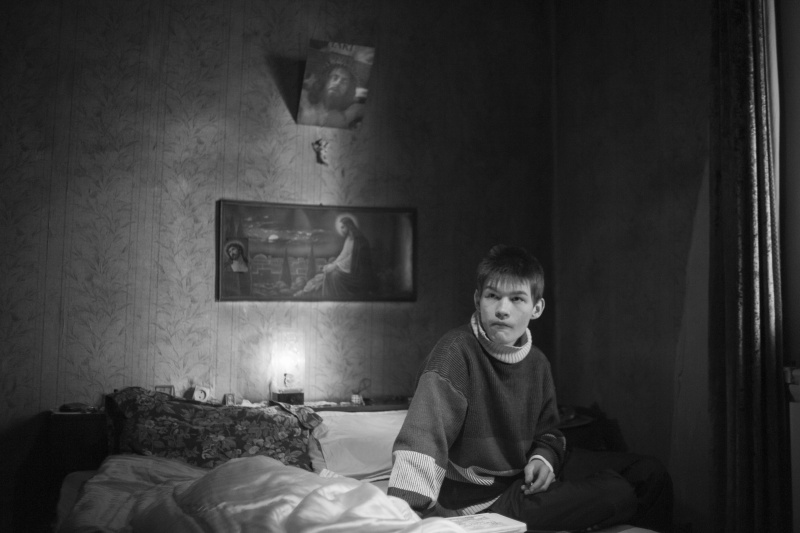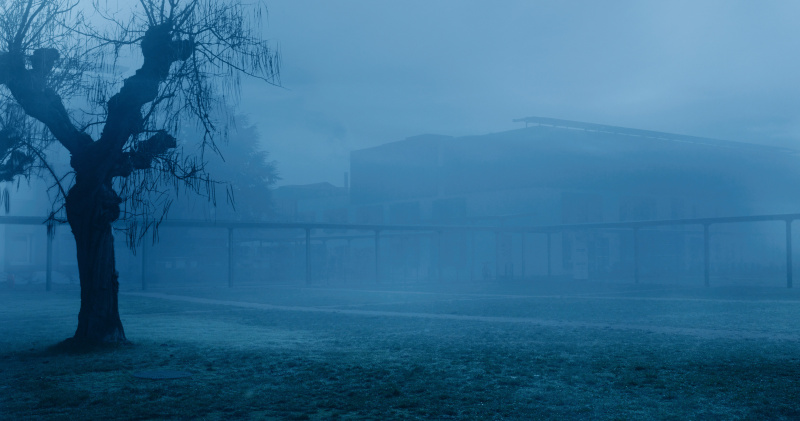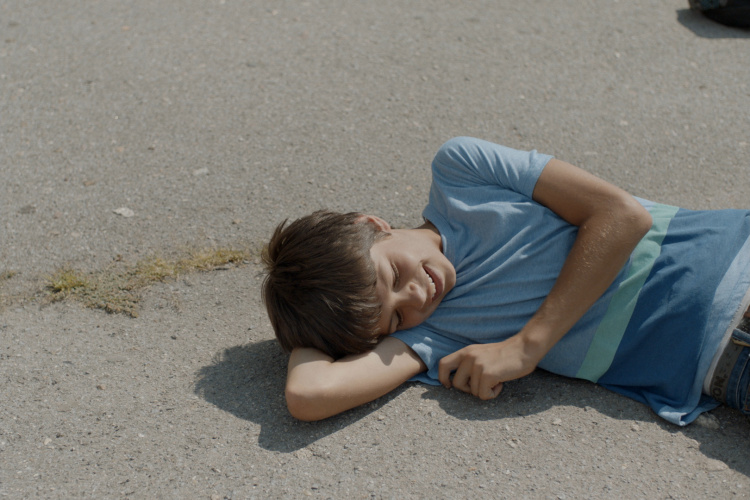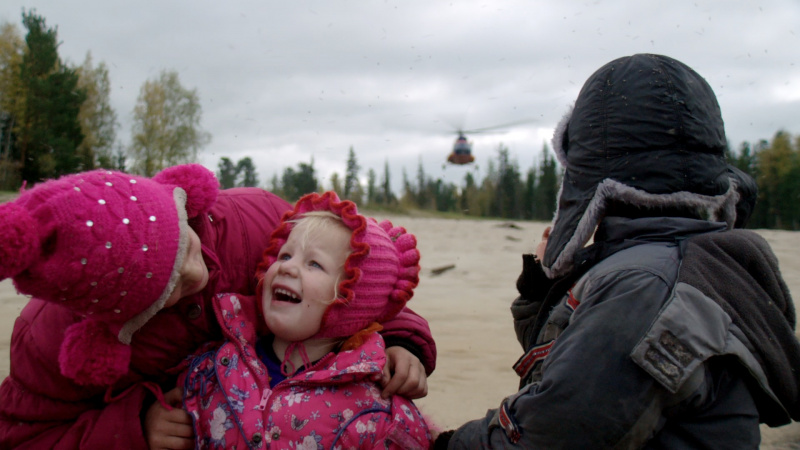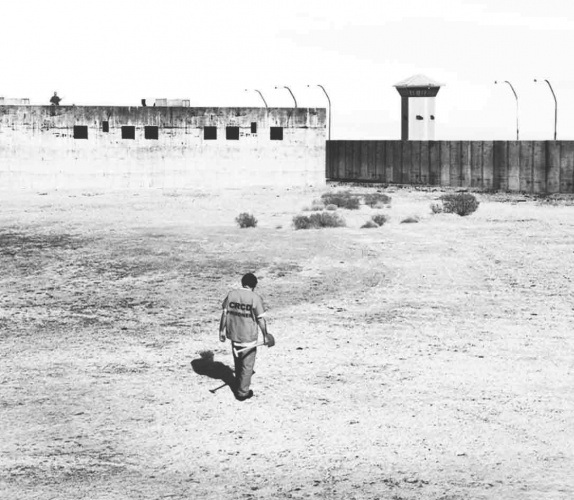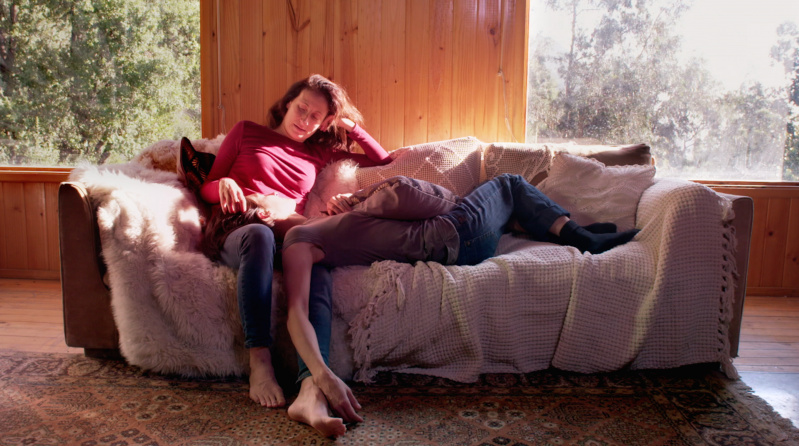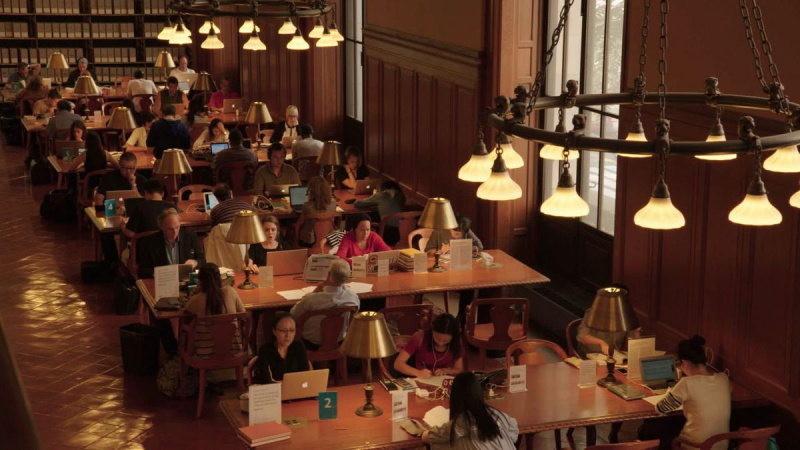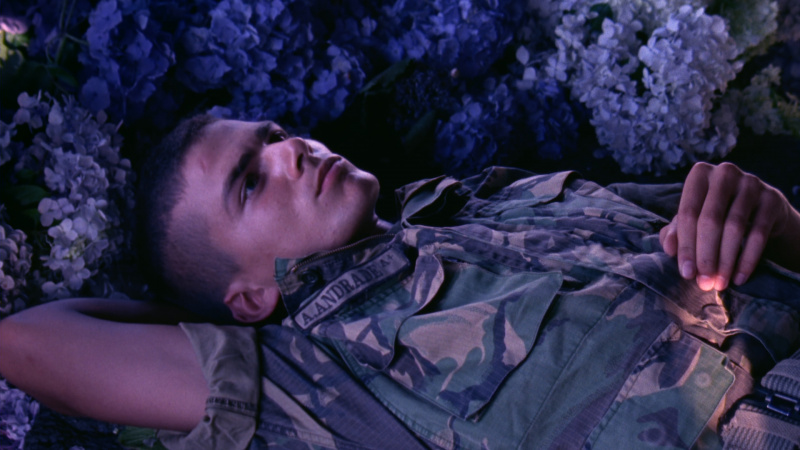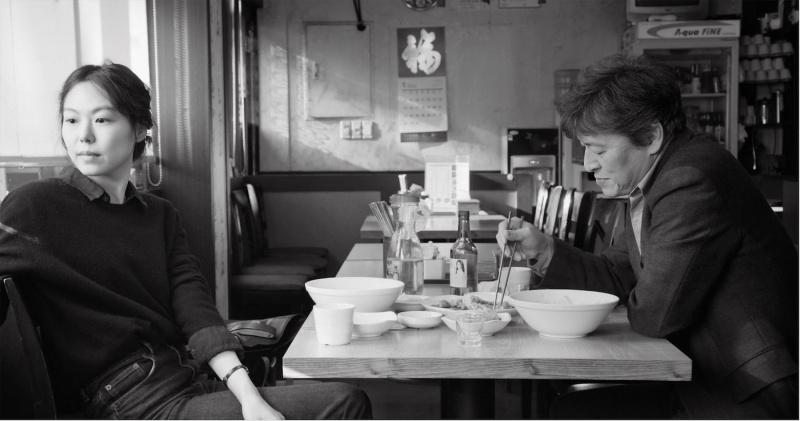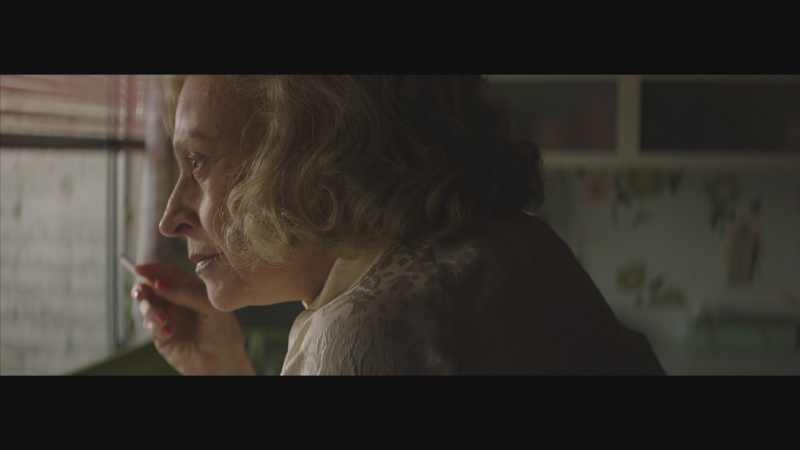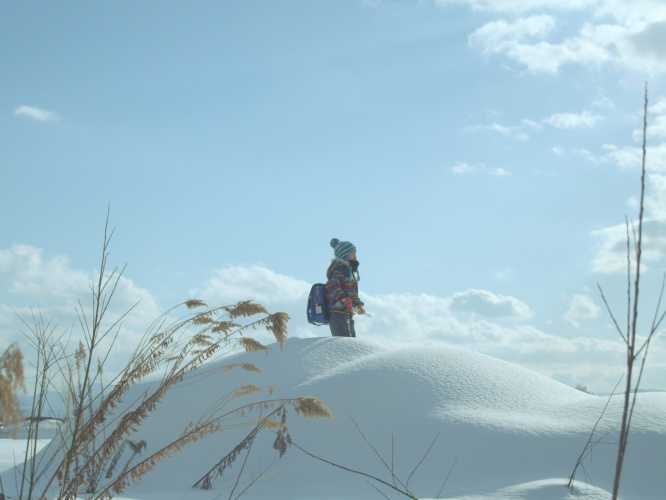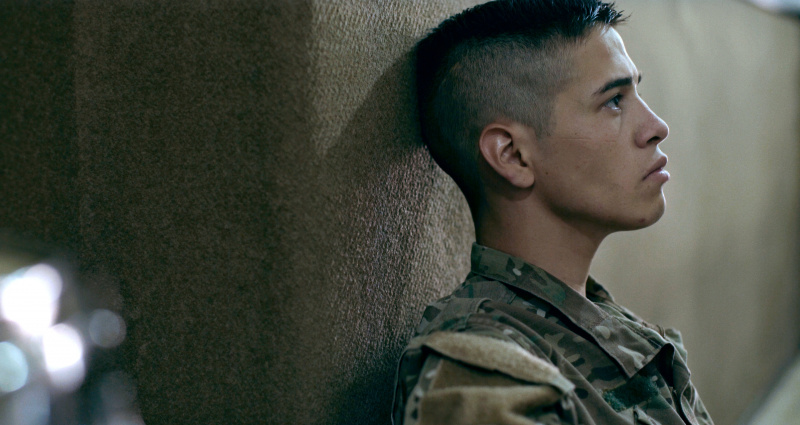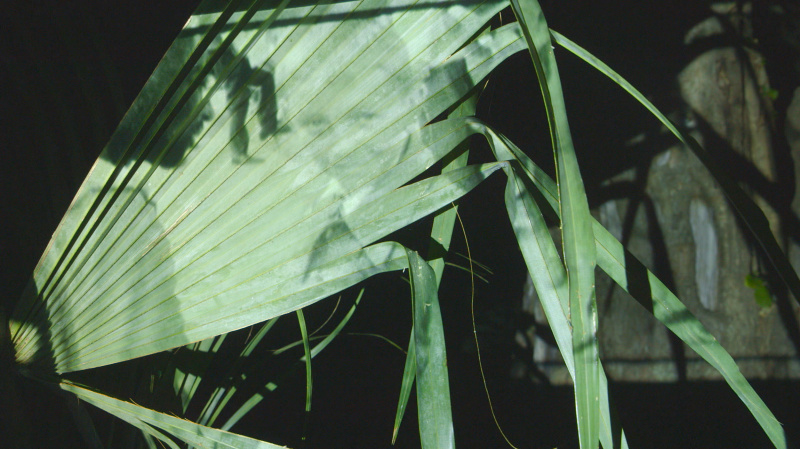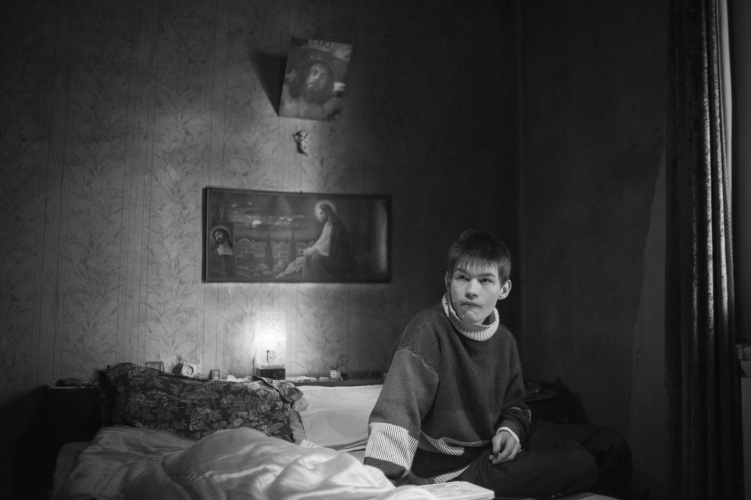The latest works from Manuel Abramovich, Filipa César, Raymond Depardon, Damien Manivel and Kohei Igarashi, Ilian Metev, Hong Sang-soo and Frederick Wiseman join the Zabaltegi-Tabakalera section, competitive since last year and opening with The Square (Ruben Östlund), Golden Palm at Cannes.
Frederick Wiseman (Boston, USA, 1930), acclaimed with an Honorary Academy Award for his career in 2016, is an extraordinary moviemaker, known for his sharp portraits of American society, professional spheres and public institutions. Among those belonging to this latter sphere is his film Ex Libris: New York Public Library, which takes viewers behind the scenes of one of the world’s greatest institutions of learning. The work, number 45 in his career, will compete in the Official Selection at Venice. In 2011, in Zabaltegi-Specials, Wiseman presented Crazy Horse, an exploration of the legendary Parisian cabaret.
Raymond Depardon (Villefranche-sur-Saône, France, 1942), prestigious French photographer and filmmaker, co-founder of the Gamma agency and photographer for Magnum, has landed the César for Best Documentary twice, for Reporters (1981) and for Délits Flagrants (1994). In 12 jours / 12 Days, special screening at the Cannes Festival, Depardon gains access to hearings before a judge of people admitted to mental health centres in France, whose fates will be decided after 12 very important days when they will be assessed taking account of their medical background, the doctor’s recommendation and the judge’s decision.
Hong Sang-soo (Seoul, 1960) has developed a singular cinematic language and aesthetic over the 17 films he has written and directed, making him South Korea’s most international moviemaker. Last year, in San Sebastian, he won the Silver Shell for Best Director with Dangsinjasingwa dangsinui geot / Yourself and Yours. In Geu-hu / The Day After, a contender in the Cannes Official Selection, he narrates the first day in her job of a woman whose predecessor had been having an affair with her boss.
Manuel Abramovich (Buenos Aires, 1987), whose short film La reina (2013) garnered dozens of awards, now presents his second feature after his debut, Solar (2016), presented at the BAFICI. In Soldado, screened as part of the Generation section at the Berlinale, Abramovich looks at the function of the Argentine Army more than three decades after the end of the dictatorship through the eyes of a young man who decides to enlist.
The artist and filmmaker Filipa César (Porto, Portugal, 1975), who participated in the research projects Living Archive and Visionary Archive, looks in Spell Reel at the film and audio material found in the Guinea Bissau of 2001. The footage bears witness to the birth of Guinean cinema as part of the decolonising vision of Amílcar Cabral, assassinated in 1973. Digitized in Berlin, screened and commented live, this material, presented at the Berlinale Forum, prompts debates, stories and predictions.
From the beginning of his career, the works of contemporary artist Clément Cogitore (Colmar, France, 1983) have been acclaimed at festivals worldwide: his first short, Chroniques (2006), won a special mention at the Festival Entrevues Belfort; Visités (2007) and Archipel (2011) were part of the official selection at Locarno; and Bielutine. Dans le jardin du temps (2011) was presented at the Cannes Directors’ Fortnight. The 49 minutes of Braguino are set in the Siberian forest.
Damien Manivel (Brest, France, 1981), author of Un jeune poète (special mention at Locarno 2014) and Le parc (Cannes 2016), and Kohei Igarashi (Shizuoka, Japan, 1983), helmer of Voice of Rain That Comes at Night (Seoul 2008) and Hold Your Breath Like a Lover (Locarno 2013), direct La nuit où j’ai nagè / The Night I Swam, a co-production between France and Japan selected for the Orizzonti section of the Venice Festival.
Having presented at the Cannes Critics’ Week his first film, Poslednata lineika na Sofia / Sofia’s Last Ambulance (2012), Ilian Metev (Bulgaria, 1981) won more than 40 awards, including Best Documentary at the Karlovy Vary Festival. With his second feature, ¾, following a family’s last summer together, he recently obtained the Golden Leopard in Cineasti del Presente at the Locarno Festival.
In addition to those mentioned in this press release are those announced in recent weeks: L’amant d’un jour / Lover for a Day by Philippe Garrel; Tesnota / Closeness, the debut from Kantemir Balagov; Saura(s), directed by Félix Viscarret as part of the Cineastas contados series; the first work as a director from Gustavo Salmerón, Muchos hijos, un mono y un castillo / Lots of Kids, a Monkey and a Castle; No intenso agora / In the Intense Now, by the Brazilian director João Moreira Salles; and the world premiere of Vergüenza, the Movistar+ series written and directed by Juan Cavestany and Álvaro Fernández Armero.
With respect to short films, as well as the already announced Plágan / Plague (Koldo Almandoz) and Plus Ultra (Samuel M. Delgado and Helena Girón) are El sueño de Ana by the Chilean director José Luis Torres Leiva, author of Obreras saliendo de la fábrica, El cielo, la tierra y la lluvia and El viento sabe que vuelvo a casa / The Winds Know That I'm Coming Back Home, screened last year for this section; Gwendolyn Green, by Tamyka Smith, selected in 2015 as a part of the first edition of the Ikusmira Berriak programme; Calipatria by Gerhard Treml and Leo Calice, selected in 2016 as part of the Ikusmira Berriak programme and winner of the REC Post-Production Award; Flores, winner of the FCSH Award / Nova New Talent Award - Short Film at the IndieLisboa in 2017, directed by Jorge Jácome; and Sram / Shame, by Petar Krumov, which addresses the dilemma of a young boy obliged to choose between his mother and his girlfriend when embarrassment comes between them.
Every year in France, 92,000 people are placed under psychiatric care without their consent. By law, the hospital has 12 days to bring each patient before a judge. Based on medical records and a doctor's recommendations, a crucial decision has to be made - will the patient stay or leave? 12 days after which lives can change forever. Granted access to these hearings for the first time, celebrated filmmaker/photographer Raymond Depardon captures these extraordinary encounters between justice and psychiatry. Astonishing, enlightening - a film that gives a voice to those who have previously been voiceless.
Young pianist Mila prepares for an audition abroad. Her brother Niki distracts her with his unwanted talent for the absurd. Their astrophysicist father Todor seems incapable of dealing with his children's anxieties. A portrait of a family during their last summer together.
In the middle of the Siberian taiga, 450 miles from the nearest village, live two families: the Braguines and the Kilines. Not a single road leads there. A long trip on the Ienissei River, first by boat, then by helicopter, is the only way to reach Braguino. Self-sufficient, both families live there according to their own rules and principles. In the middle of the village: a barrier. The two families refuse to speak. In the river sits an island, where another community is being built: that of the children. Free, unpredictable, wild. Stemming from the fear of the other, that of wild beasts, and the joy procured by the immensity of the forest, unravels a cruel tale in which tensions and fear give shape to the geography of an ancestral conflict.
Convicted of murder, Sergio Cassilas (48) lives in solitary confinement. One hour a day he works in Calipatria's desert prison garden. With the help of a guard he smuggles a truckload of earth from the landscape of his favourite movie into its grounds. While working there, Sergio reveals the secret meaning of the soil for his life sentence in prison. Based on a real life story, the film documents Sergio's slow walk across the prison's empty courtyard. The camera's static gaze follows him into the distant garden. While the vision stays imprisoned, Sergio's story leads beyond the prison walls into the iconic riverscapes of the Rio Grande and Alaska's uncharted Yukon territories, tightly connected to American myths of wilderness, lucky strikes, self-made men and the promise of land and liberty for all.
Ana tells us about a dream she had with her partner, recently deceased. El sueño de Ana is the epilogue of the coming feature film project currently being prepared by José Luis Torres Leiva, entitled Vendrá la muerte y tendrá tus ojos (Death Will Come and It Will Have Your Eyes), about death, love and the start of a new phase.
Ex Libris: The New York Public Library takes viewers behind the scenes of one of the world’s greatest institutions of learning. The film examines how this legendary establishment has continued to go about its regular activities while adapting to the digital revolution. Ex Libris: The New York Public Library explains how libraries inform and educate in many ways: books, concerts, conferences, classes and much more. This library strives to inspire the study of advanced knowledge and to strengthen the community.
When a natural crisis occurs, the entire population of the Azores is forced to evacuate due to an uncontrolled plague of hydrangeas, a common flower in the islands. Two young soldiers, impassioned by the beauty of the landscape, guide us through the tales of sadness of those forced to leave and the inherent desire to resist and stay on the islands. The filmic wandering becomes a nostalgic and political reflection on territorial belonging and identity, and the roles we assume in the places we come from.
Areum is about to tackle her first day at work. Bongwan, her boss, had been having an affair with the woman Areum is replacing. Their relationship has just ended. This day, like all the others, Bongwan leaves his family home for work long before dawn. He can’t stop thinking about the woman who has left. That same day, Bongwan’s wife finds a love letter. She turns up at the office without warning and mistakes Areum for the woman she was hired to substitute.
Inspired by true events, this is the story of Gwendolyn Green, an elderly, widowed woman living out her days alone, inside a gated Palm Springs residence, as if she were stuck in another era. As Gwendolyn's lack of social graces and isolation start to close in on her, she picks up the telephone and dials 911 in search of human connection. Gwendolyn creates a special bond with the responding officer, finding in him the care and connection to the modern world she craves.
Gwendolyn Green will also be presented as an immersive installation experience on the 2nd floor of the Tabakalera building. Here visitors can watch the film within a replica of Gwendolyn’s kitchen where much of the film’s action takes place. Viewers will be able to open kitchen drawers revealing a life of worn cutlery, pickup the telephone to hear Gwendolyn’s voice, and see Gwendolyn’s hand written notes providing clues of her private life.
Installation in Tabakalera:
Tabakalera, 2nd floor
21 SEPT - 29 OCT
10:00-22:00
https://www.tabakalera.eu/en/gwendolyn-green-installation-tamyka-smith
Snow-covered mountains in Japan. Every night, a fisherman makes his way to the market in town. His 6 year old son is awoken by his departure and finds it impossible to fall back to sleep. In the sleeping household, the young boy draws a picture he then slips into his satchel. On his way to school, still drowsy, he strays off the path and wanders into the snow...
A young man decides to join the army. He becomes the drummer in the military band, and his everyday life is now a combination of military training and music. What does the Argentine Army do these days, more than thirty years after the dictatorship? What does it mean to be a soldier in a country without wars?
In 2011, an archive of film and audio material re-emerged in Bissau. On the verge of complete ruination, the footage testifies to the birth of Guinean cinema as part of the decolonising vision of Amílcar Cabral, the liberation leader assassinated in 1973. In collaboration with the Guinean filmmakers Sana na N'Hada and Flora Gomes, and many allies, Filipa César imagines a journey where the fragile matter from the past operates as a visionary prism of shrapnel to look through. Digitised in Berlin, screened and live commented, the archive convokes debates, storytelling, and forecasts. From isolated villages in Guinea-Bissau to European capitals, the silent reels are now the place from where people search for antidotes for a world in crisis.
Macho is a poor boy who skips school to work on a construction site. The only ray of light for him is his girlfriend, Donna. But she's ashamed of his mother, who works as the janitor at their school. Forced to choose between his mother and his love, Macho finds his own way out of the situation.

